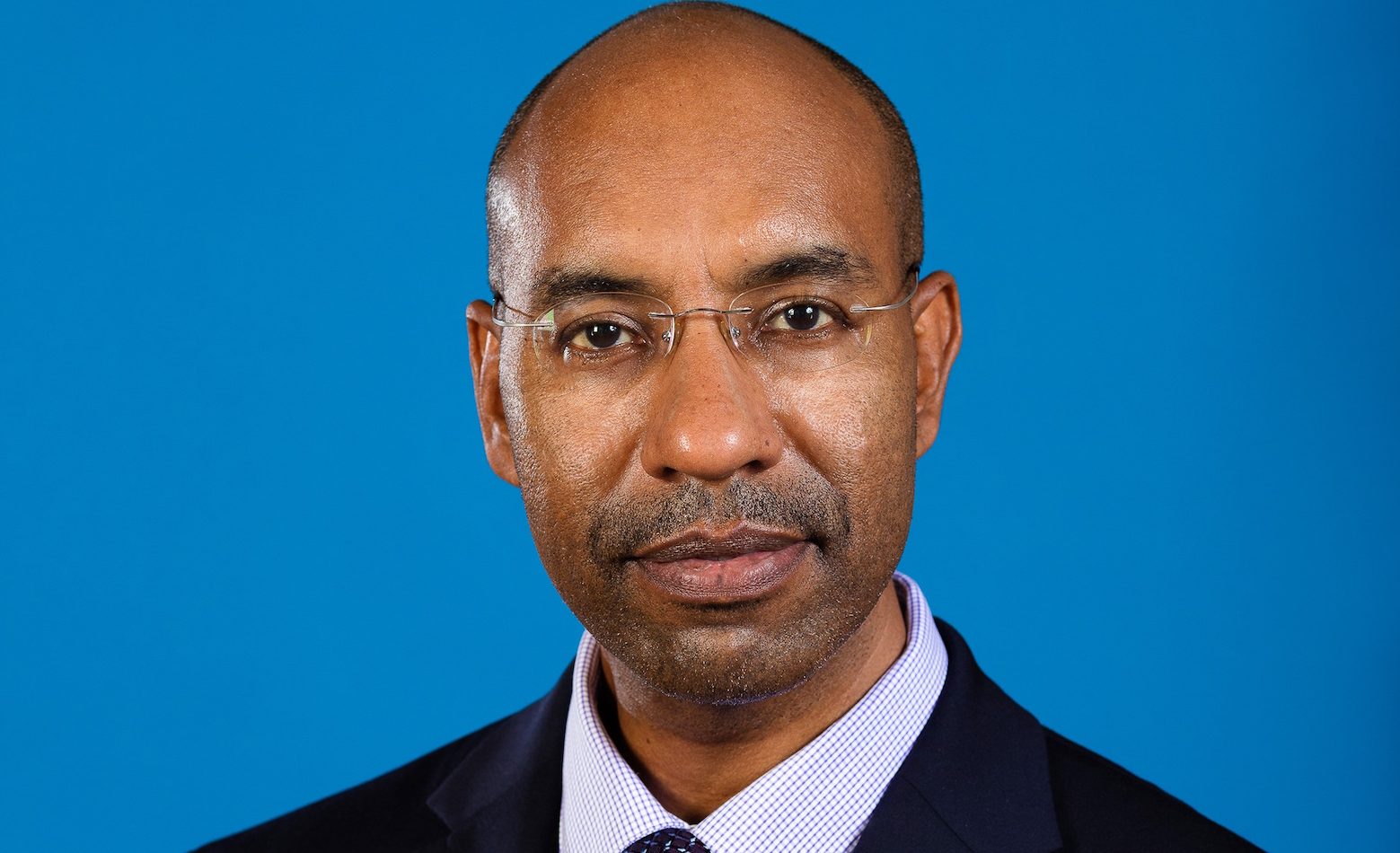The blogmaster thought it timely to highlight one of several NIS blogs in a COVID environment for obvious reasons. After many years of calling for certified audited financials spanning different governments we are none the wiser – David, blogmaster
Is it irrational for citizens of Barbados to lend their accumulated savings , gratuities and separation packages to the GoB? Based on GoB track record is it unreasonable to expect repayments of those loans? Would you prefer the citizens to buy imported luxury consumption goods with all their income?
The citizens now senior were making provisions for their old age. The interests payments were intended to augment their income /pensions and to educate their children.
Interest rates on GoB papers rarely exceed 7.5 % and they were down to 6% in the last 5 years,. It is a serious breach of contract for GoB to squander its reputation as a country which honours its debt obligations. It is going to be difficult to gain the confidence of lenders in the future. A very short sighted decision.it was to default.
The blogmaster was reminded that the National Insurance Scheme is the holder of over 2.5 billion in government paper based on their website.
What does the restructure of government debt restructure for NIS and Central Bank of Barbados government holdings?
How will the reduction in investment income impact the fund’s capacity to deliver pensions to senior citizens?
Of greater concern is how will retirees negotiate the economic hurdles posed by the debt restructure because of what they thought was astutely investing in government paper to supplement retirement income. The reality however is that any investment carries risk, government paper is no exception.






The blogmaster invites you to join the discussion.